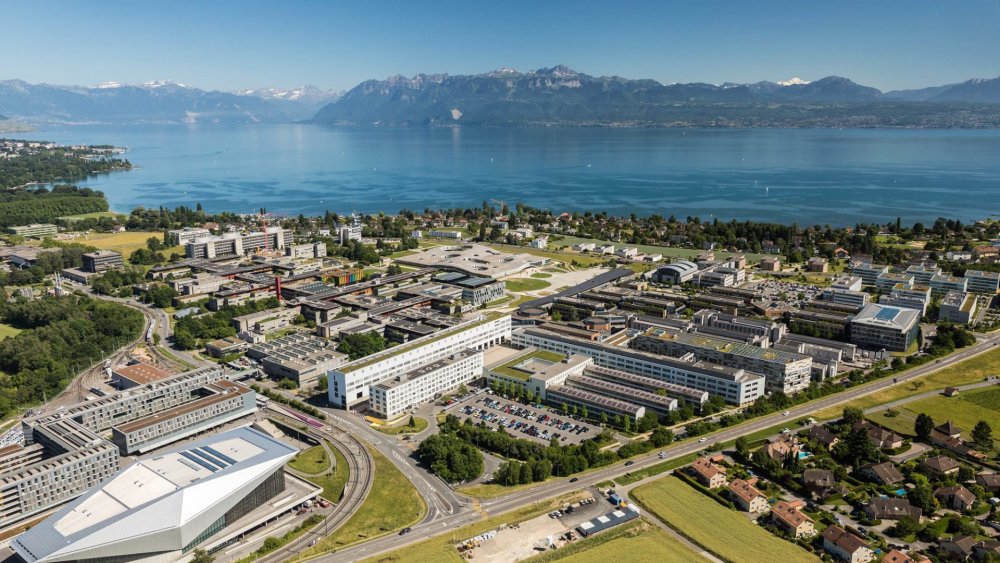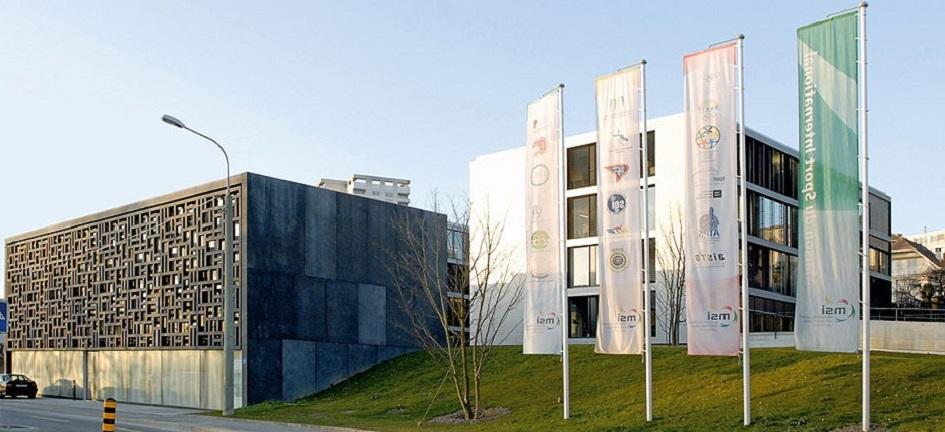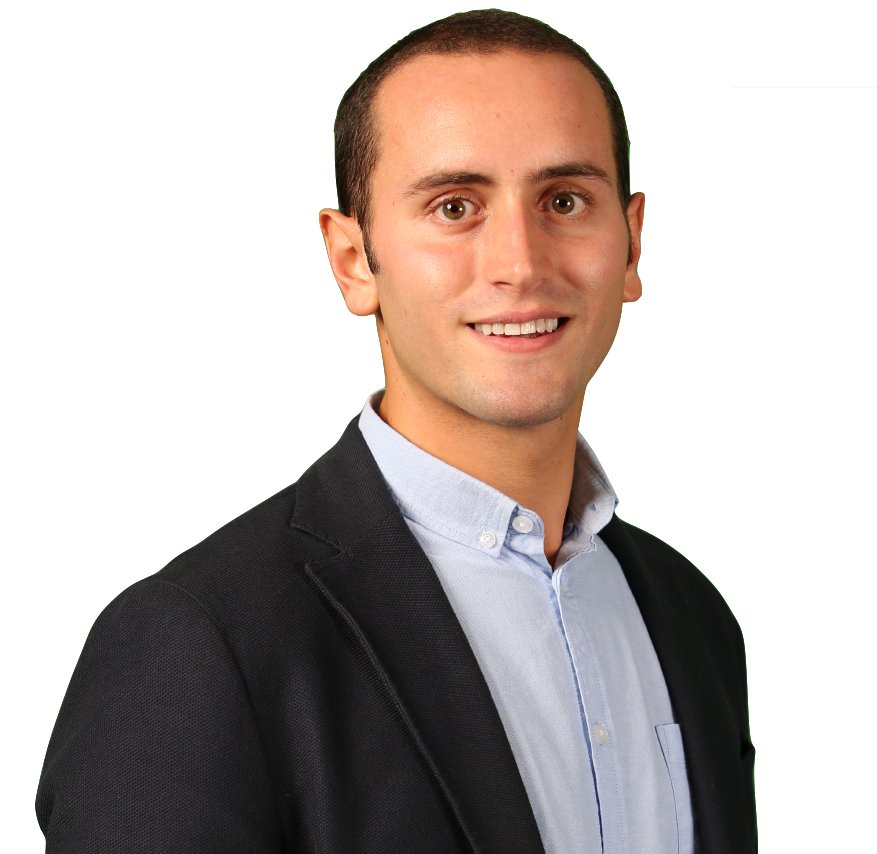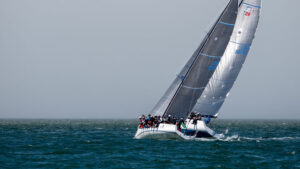EXPLORING LAUSANNE’S SPORT INNOVATION ECOSYSTEM
In our latest guest article, AISTS 2019 alumni Guillermo Marin explores Lausanne’s sport innovation ecosystem. From the academic institutions dedicated to sport research to the federations at the forefront of change, the Olympic Capital is uniquely placed to provide solutions to some of the industry’s toughest challenges.

Photo credit: Lausanne Tourism
The sport industry has the potential to change the world. Over the past two decades, it has professionalised exponentially. However, with the increasing number of events and alternative entertainment on offer, the sport industry growth rate is dropping every year.
There is a need to reinvent, to innovate, in order to continue evolving. This need for innovation was reflected in the survey published by PwC, “Sport industry: time to refocus?”, in which 94% of industry leaders indicated that they believe innovation is important, or very important, for sport organisations.
Innovation is defined as the application of better solutions in response to new requirements, non-articulated needs, or existing market needs.
Innovation is needed across every aspect of the sport industry, but Fan Engagement, Data, Media Rights, New Forms of Content, Youth & Amateur Sport, Sustainability, Governance, Connected Sport and Fitness are all key areas where sport organisations are currently putting their efforts.
Switzerland is one of the top countries providing innovative solutions to global challenges. It was recently listed as the fourth economy in the Bloomerg Innovation Index and described by the Brussels Research Group, in the “Spotlight on Switzerland” report, as an ideal location for global operations due to its innovative Swiss solutions.
In this article, I will further define and clarify the sport innovation ecosystem, and the actors driving it within the Olympic Capital area, Lausanne. Innovation can be driven from many different sectors: academic research, the private sector, the public sector and also from the sport organisations and event organisers themselves.
Academic institutions

Photo credit: epfl.ch
When I arrived in Lausanne for the first time, as a student at AISTS, it was easy to see that the local academic institutions were committed to sport innovation, as all of the relevant ones were involved and brought together within the same movement, ‘Smart Move‘.
Smart Move is an association of academic institutions created to bring innovation into the heart of the ‘sport valley’ in western Switzerland. The association’s main strength is in bringing a wide variety of academic professionals, each with their own specific areas of expertise, together to work on different projects:
- Unil (humanities and life sciences)
- EPFL and Heig-Vd (technology)
- CHUV and HESAV (health care and medicine)
- UniGe (international sport governance)
- HEP (education)
- EHL (hospitality)
- ECAL (design)
These academic institutions’ objective is to combine resources to imagine and develop the future of sport. By studying the Sport Management AISTS Master’s Degree, which is co-signed by some of these academic and technology institutes, I was able to experience the passion and devotion these institutions have for sport innovation.
Public sector institutions
Public Institutions in Switzerland regularly support and guide initiatives in sport innovation. The Canton Vaud Economy, Innovation and Sport Department (DEIS) is involved in the platform Innovaud, which provides free support to innovative start-ups, scale-ups and early-stage businesses in the region, focusing on innovations and new approaches in cutting-edge technology.
Innovaud specialises in a variety of fields with a shared connection to sport, such as life sciences, precision industry, and communication technology. Another example of public financial support from the Canton is the initiative of DEV, which works as a host and support organisation for foreign businesses in the process of establishing their activities in Vaud.
Private sector organisations
A large number of outstanding corporations, companies, businesses and organisations are located around this ‘sport valley’, all with a shared interest in sport. These companies regularly play a role in the future planning and financing of the international sport industry, taking an active part in developing new solutions to generate progress in sport.
Sport organisations

Photo credit: Switzerland Global Enterprise
Lausanne is officially known as the Olympic Capital. More than 50 International Federations and other sport organisations have established their headquarters around the area. For these organisations, innovation enables them to obtain additional knowledge and insights on specific topics, embrace disruption creatively, and experiment with new ideas, in strategic ways.
Innovation doesn’t have to be digital
Innovation is all about learning (even from other industries), testing (in risk-controlled ways) and leading progress in sport. Some recent examples demonstrate that sport innovation does not necessarily come from digital transformation, but from the application of better solutions in response to specific needs:
- UEFA recently developed a Sport Innovation Hub as a vehicle to ensure that football stays one step ahead of the latest trends shaping the future. It is not a coincidence that UEFA recently teamed up with Disney to create an innovative way to help more girls see the fun in football, which will help women’s football development throughout the grassroots level.
- The IOC recently reshaped its strategy regarding the Olympic Game’s fan experience. Among many assets in development, the organisation plans to include innovative live experiences. For example, the Olympic Games will be offering new Lifestyle Festivals, such as a surfing festival, to showcase the DNA of specific Olympic sport by sharing and celebrating their unique cultures with the public. This will help the IOC promote not only the classic dimensions (number of tickets, viewers and online viewers), but a totally new dimension – the number of people attending these live experiences.
- FEI took a new approach towards sustainability by transforming 100 tonnes of manure from 230 horses into energy to power an entire event.
The Lausanne network
I have had the privilege of learning first-hand how this ecosystem works, thanks to the projects we develop at ThinkSport, where I have been working since graduating, and my time studying my masters in sport management at AISTS.
ThinkSport, is a not-for-profit association and a unique B2B network in Sport, bringing together bright minds from different sectors involved with sport, acting as a facilitator, and being very much at the middle of the wheel of innovation.
I will always be grateful to AISTS and ThinkSport for allowing me to continue to develop my expertise, and for bringing together the variety of sport-related expertise and excellence in Lausanne, the Canton of Vaud, across Switzerland and beyond. We all hope that through innovation, the sport industry can lead the way towards positive change in the world.
About Guillermo Marin

Guillermo is a person with multiple facets: Former Rink-Hockey Athlete, Sport industry professional with experience in Marketing, Business Intelligence, Partnerships management, and managing Sport Innovation Projects. With a business background and a creative, innovative and entrepreneurial attitude. He is always wanting to connect with disruptive people and looking forward to the shape future of sport, willing to listen to new proposals, to set new challenges and goals which stimulate progress in sport through innovation contributing to a better world.





